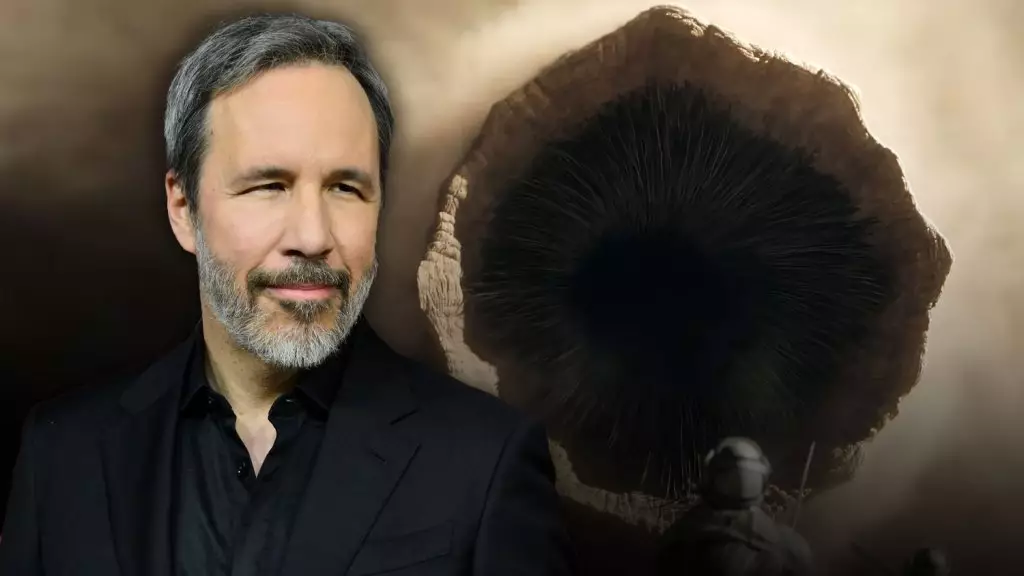Denis Villeneuve recently spoke about the difficult decisions he had to make for Dune: Part Two, especially when it came to adapting the original book by Frank Herbert. In an interview with Entertainment Weekly, Villeneuve mentioned that adapting a novel to the big screen always involves some level of “violence toward the original material.” He emphasized that changes have to be made, adjustments have to be implemented, and painful choices have to be faced throughout the adaptation process.
One of the notable choices Villeneuve made for the sequel was to eliminate Stephen McKinley Henderson’s character, Thufir Hawat, from the film. This decision was particularly difficult for Villeneuve, as he expressed his admiration for the character and the role he plays in the book series. Villeneuve explained that he had to make this decision early on because he was focusing on a specific adaptation of the novel, which meant certain characters had to be omitted or their roles reduced.
Actor Tim Blake Nelson also shared his disappointment after learning that his character was edited out of the final cut of Dune: Part Two. Nelson expressed that he was “heartbroken” about the removal of his scene from the almost three-hour movie. Despite his disappointment, Nelson maintained a positive attitude and expressed his eagerness to work with Villeneuve again in the future on a different project.
Villeneuve’s stance on deleted scenes is clear – once a scene is cut from the movie, it is considered dead and should not be revived, even for Blu-ray or digital releases. The director likened the process of cutting scenes to being a samurai opening his gut, emphasizing the painful nature of the editing process. Villeneuve firmly believes in the importance of maintaining the integrity and coherence of the final product, even if it means letting go of scenes that hold sentimental value.
In his approach to editing, Villeneuve described himself as strict and uncompromising. He emphasized that the movie itself takes precedence over any individual scene or character, and his ultimate goal is to create a cohesive and impactful cinematic experience for the audience. Villeneuve acknowledged the challenges and emotional toll of making tough decisions during the editing process but remained committed to delivering a high-quality final product.
Overall, Denis Villeneuve’s candid reflections on the challenges of adapting Dune: Part Two shed light on the complexities of translating a beloved literary work to the screen. His commitment to the creative process, coupled with his willingness to make difficult choices, underscores his dedication to producing a compelling and unforgettable cinematic experience for audiences worldwide.

Leave a Reply